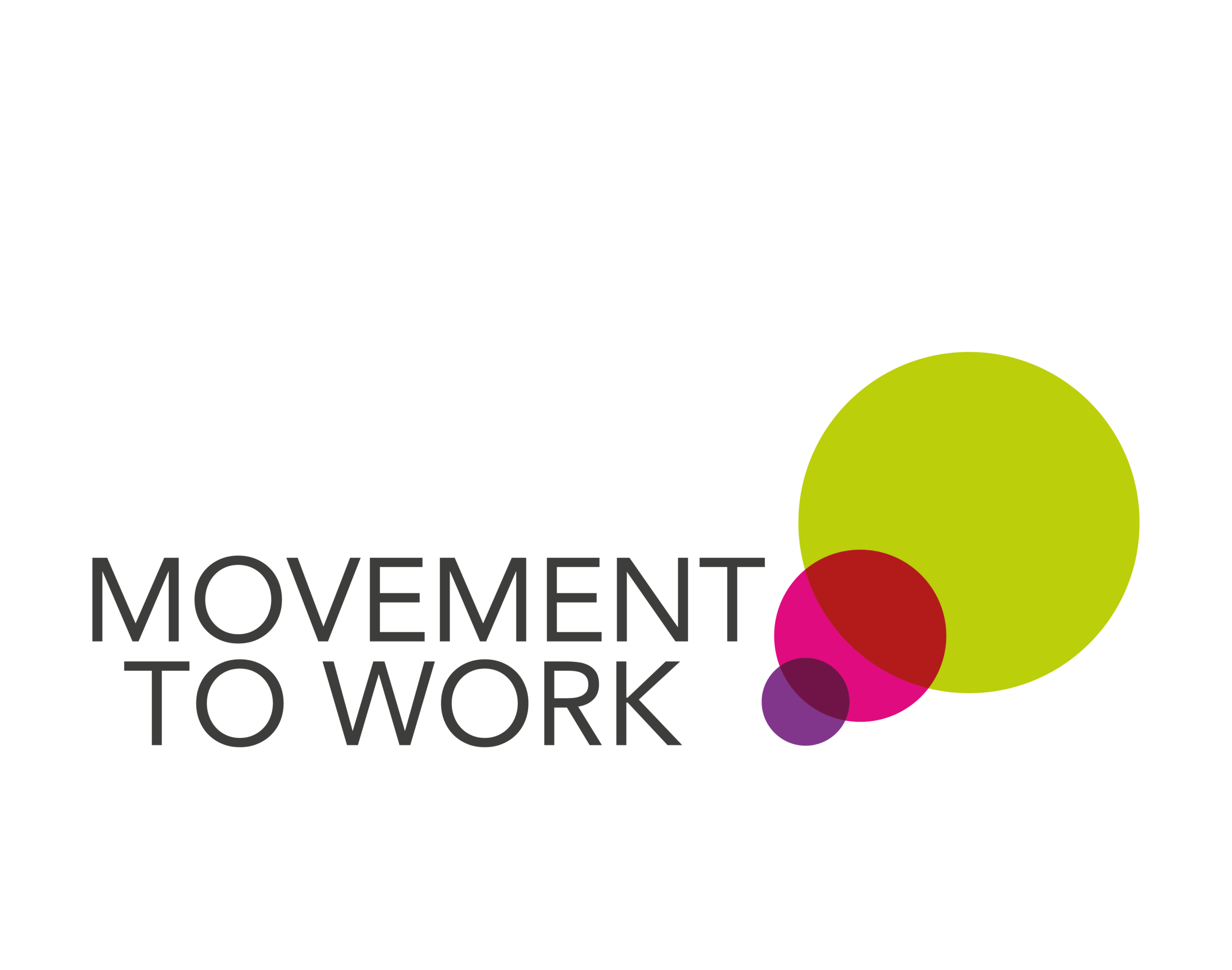It is known that poverty at any stage in life can lead to negative impacts. It is therefore critical to scrutinise the data thoroughly to work out who is worst affected, determine how trends are changing over time and see what future prospects are.
The Joseph Rowntree Foundation has recently published a report looking at poverty at the start of 2022, nearly two years after the start of global pandemic. To an extent the full picture of UK poverty is unclear as official poverty data covering the pandemic period is not yet available, but many sources make it clear that while some groups have been well supported and face better prospects as we enter 2022, others face deep and persistent poverty. In some ways the position is much better than might be expected given the economic and social shock the country has been through.
While gross domestic product (GDP) is projected to recover to its pre-pandemic level by the start of 2022 and the rise in unemployment has been much smaller than the dire initial forecasts thanks largely to furlough, there have been changes to the taper rate to Universal Credit support for in-work families alongside the re-linking of housing support welfare to housing costs following a freeze in rates over several years.
Additionally, the £20 uplift to Universal Credit has now been withdrawn, while those on ‘legacy’ benefits (excluding Working Tax Credit) pre-dating Universal Credit received no increased support at all.
Families receiving these types of benefits have very high levels of poverty, with 43% of households in receipt of Universal Credit being food insecure. This has meant the basic rate of ‘out of work’ benefits is at its lowest for 30 years after adjusting for inflation, while in comparison, earnings have risen by more than a quarter over the same period.
Low-income households have less of a buffer against rising costs or any unexpected expenses, given they are less likely than other households to have savings. In terms of how all this plays out for future poverty levels, it seems clear that out-of-work families will fare worse than low-income families in work. There is already a large existing gap in the latest data, with only 6% of working-age adults in families where all adults are in full-time work being in poverty compared with almost half of working-age adults in workless families.
Furthermore, within inflation predicted to increase sharply in 2022 there seems little prospect of reversing these trends as child poverty rose by 4% from 2012/13 to almost a third of children by 2019/20, while and rising pensioner poverty rose by 5% to almost a fifth of pensioners by 2019/20.
To see the summary findings of Joseph Rowntree Foundation report please click here. The full report can also be accessed via this link: Full JRTF Report.










